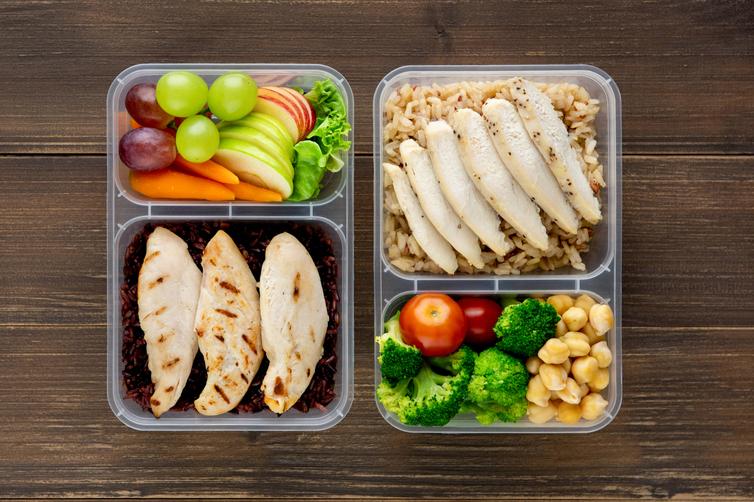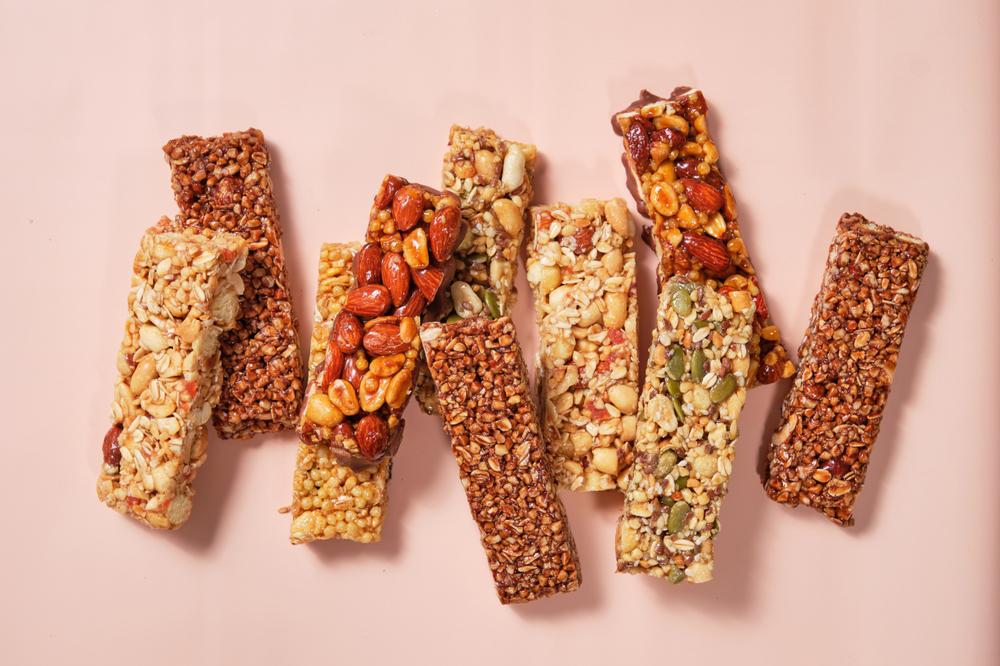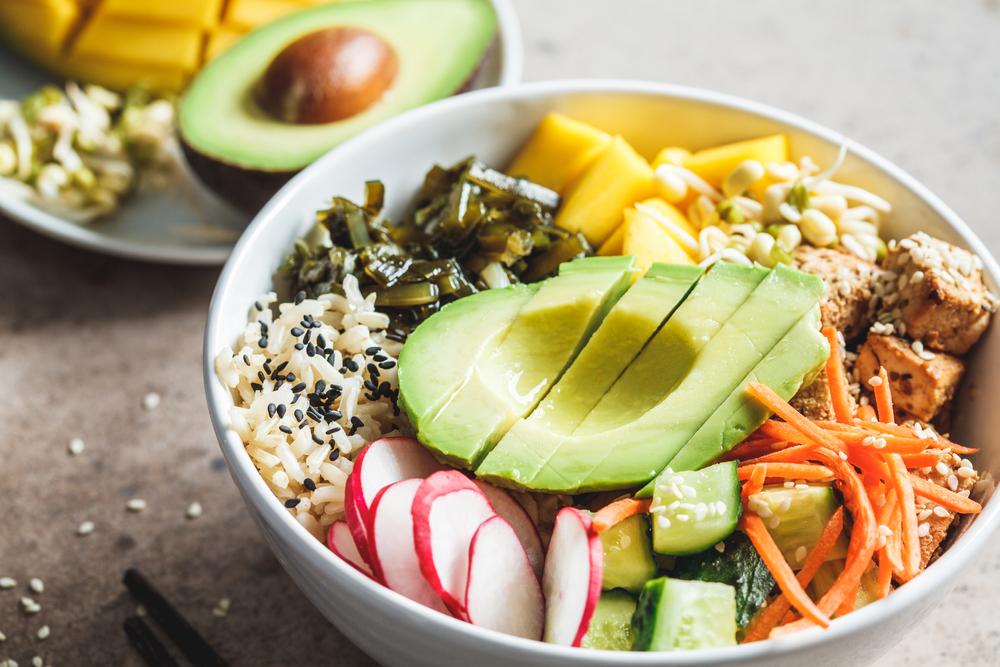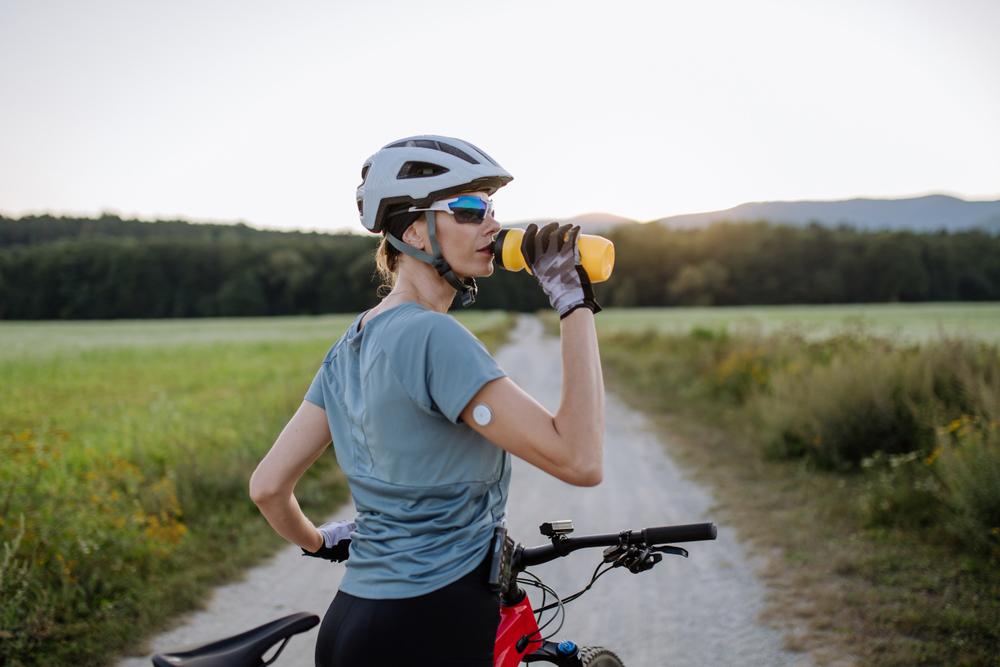 The holidays can be a dietary minefield, especially for student-athletes who are focused on eating a healthy diet.
The holidays can be a dietary minefield, especially for student-athletes who are focused on eating a healthy diet.
Here, TrueSport Expert Kristen Ziesmer, a registered dietitian and board-certified specialist in sports dietetics, shares some tips on how to approach holidays and vacations mindfully so that athletes can feel comfortable getting the nutrients they need and the flavors they want.
1. Help Your Athlete Understand Intuitive Eating
Simply put, intuitive eating is learning to listen to your body’s hunger cues and respond to them appropriately. Ziesmer explains that leaning into intuitive eating makes it easier for an athlete to enjoy tasty treats at a holiday party and to stop when they’re full. “Eating intuitively helps you avoid those big spikes in hunger, where you go too long without eating and then you’re starving,” says Ziesmer. “When you’re eating, it’s also about asking, ‘Am I satisfied? Or am I still hungry?’ You don’t always need to clear your plate—but it’s also okay if you do.”
2. Don’t Restrict
For young athletes, developing restrictive tendencies is unfortunately all too common, and the hype around ‘not gaining weight over the holidays’ may actually cause those tendencies to show up. Ziesmer says it’s important to ensure that your athlete has a healthy relationship with all types of food so they can maintain a nutrient-dense diet while still enjoying the seasonal festivities during the holidays.
3. Start with a Nutrient-Dense Meal
Showing up to the holiday party after not eating all day is a recipe for going overboard on the tasty treats. Ziesmer says that the easiest way to avoid overindulgence and the stomachache that’s likely going to follow is to eat a nutrient-dense snack beforehand. This strategy shouldn’t cause stress: Balance is the priority, so keep in mind that a single indulgent meal won’t unbalance a generally healthy nutrition plan.

4. Aim for a Balanced Plate at Meals
Sitting down to a big family meal? Focus on the different elements on the plate, says Ziesmer. Is there a source of protein (like chicken, fish, turkey, or tofu), a whole grain (like brown rice or whole wheat rolls) and some vegetables (like steamed broccoli or a side salad)? Don’t panic if instead of a whole grain, mashed potatoes are your carbohydrate options, and instead of a kale salad, canned green beans are the only vegetable. Do the best with what you have!
5. BYO Healthy Snacks
 Heading to a hotel or a family member’s house for the holidays? Stock up on healthy snacks and meal options that you can easily travel with so your athletes don’t miss out on important nutrients during the trip. “If you are staying at a hotel, you can ask for a mini fridge in your room,” says Ziesmer.” Stock the fridge with fruit, chopped up vegetables and hummus, string cheese, hard boiled eggs, yogurt, and granola.” If you don’t have fridge access, mixed nuts, shelf-stable fruits like apples, dried fruit, and homemade granola bars are great options too.
Heading to a hotel or a family member’s house for the holidays? Stock up on healthy snacks and meal options that you can easily travel with so your athletes don’t miss out on important nutrients during the trip. “If you are staying at a hotel, you can ask for a mini fridge in your room,” says Ziesmer.” Stock the fridge with fruit, chopped up vegetables and hummus, string cheese, hard boiled eggs, yogurt, and granola.” If you don’t have fridge access, mixed nuts, shelf-stable fruits like apples, dried fruit, and homemade granola bars are great options too.
6. Make New Traditions
Rather than throwing out current family traditions, try to add a few instead! Remember that with most foods, whether it’s ‘healthy’ or ‘unhealthy’ largely depends on context. A big mug of hot chocolate after a day of sitting and watching movies may not be the most nutritious choice, but that same mug of hot chocolate is actually a great blend of carbohydrates and proteins that can help an athlete recover from a 5K training run. If most of the holiday traditions and vacation activities in your family center around food, consider suggesting a few new traditions that include movement. A snowball fight or walk before Christmas dinner helps create balance.
7. Pay Attention to Portion Size and Unconscious Snacking
At parties, it’s easy to snack through the evening and be completely unaware of how much you’ve eaten. Because of this natural tendency, Ziesmer recommends taking a mindful approach to eating to truly enjoy every bite. “I try to help people really think about what they’re eating: What does the food smell like, how exactly does it taste, how does it feel in your mouth?” she says. “When possible, try to eat without distractions and pay attention to what you’re eating. Try to focus on eating the food instead of doing other things at the same time.”
8. Look for Healthy New Favorites
 The best way to make sure that there will be something nutrient dense at the party you’re heading to is to bring a healthy dish! A slow-cooker stew that’s packed with vegetables, beans, and lean protein is a great addition to a buffet, while a dense salad with dark leafy greens and a wide variety of vegetables is an easy dish to bring for a sit-down dinner. Consider making a fruit-focused dessert or a big dish of chopped vegetables and a Greek yogurt-based dip for an appetizer.
The best way to make sure that there will be something nutrient dense at the party you’re heading to is to bring a healthy dish! A slow-cooker stew that’s packed with vegetables, beans, and lean protein is a great addition to a buffet, while a dense salad with dark leafy greens and a wide variety of vegetables is an easy dish to bring for a sit-down dinner. Consider making a fruit-focused dessert or a big dish of chopped vegetables and a Greek yogurt-based dip for an appetizer.
9. On a Specific Diet? Let Family Know Ahead of Time
If your athlete is vegan, vegetarian, gluten-free or has a specific food intolerance, don’t wait until the table is set to bring it up. “Have a conversation before you get there,” says Ziesmer. “It’s a lot less stressful and a lot less tense when you discuss it with the host beforehand. This approach takes the emotions out of it and lets you figure out a solution. Is there a vegan option for your athlete, or should you bring a dish?”
10. Focus on Movement and Sleep—Not Just Food
It’s easy to get stressed about ‘eating right’ over the holidays and on vacation, but Ziesmer reminds athletes and caregivers that movement and sleep are just as important—and just as prone to getting off-kilter during this chunk of time. Urge your athlete to maintain a reasonable sleep schedule, aiming for seven to nine hours of sleep per night, and to get in some movement every day. This doesn’t have to mean running laps or hitting the gym—it could mean going on a walk or bike ride with a friend, tossing the basketball around in the driveway, or doing some gentle yoga.
______________________
Takeaway
The holidays should be a time to enjoy yourself—not stress out about what you should or shouldn’t eat. It’s okay to enjoy food simply because it tastes good, and you can find balance by also working in nutrient-dense snacks and meals, exercise, and good sleep.



